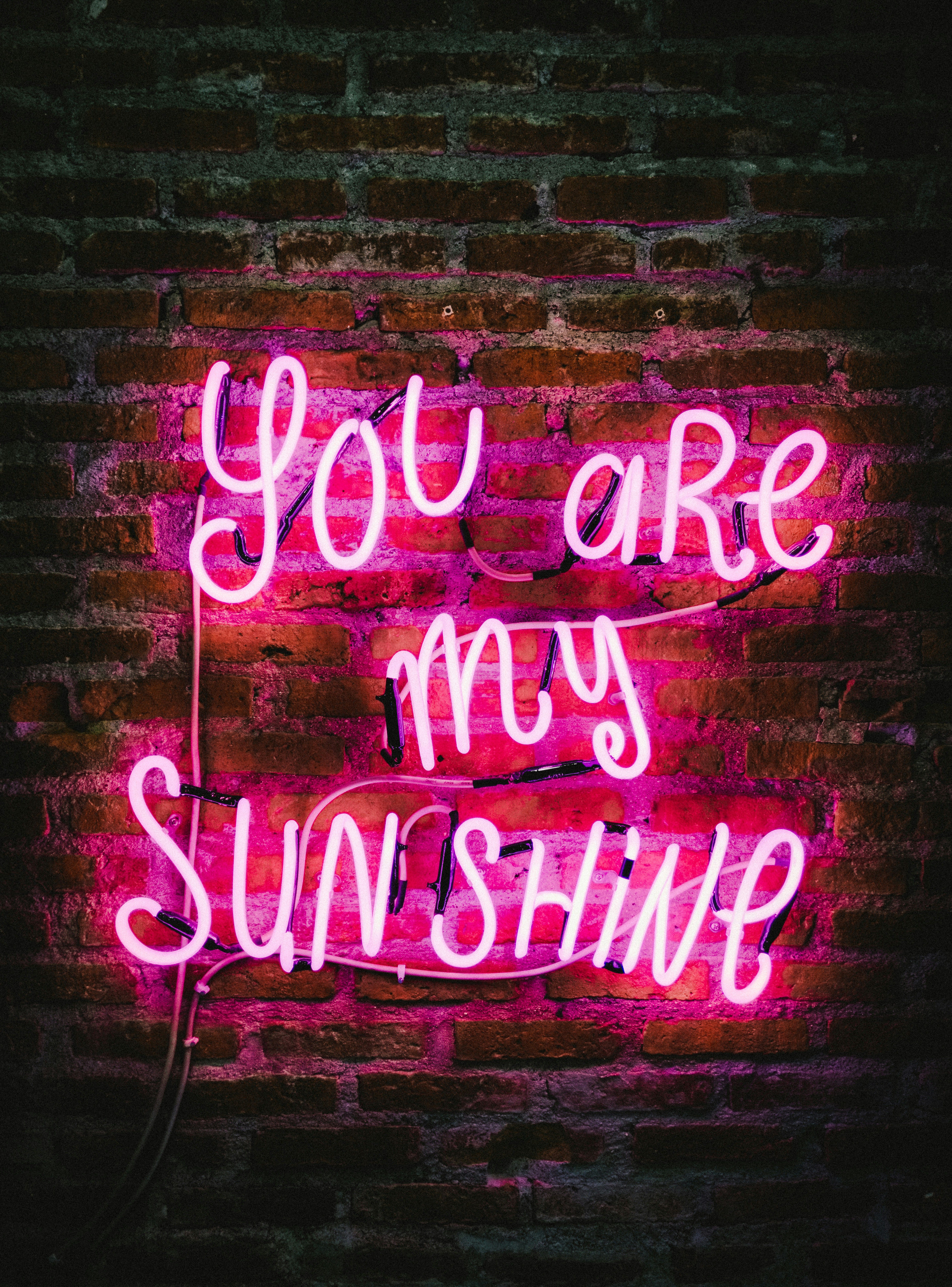Let's Shed Light on World's Rebranded Digital Identity Project
TLDR:
- World has rebranded from Worldcoin and launched iris-scanning "Orbs" in six major U.S. cities
- Users receive 16 WLD tokens per scan, with early adopters receiving 150 WLD "pioneer grants"
- The company plans to release 7,500 Orbs across the U.S. by 2025 and establish a manufacturing facility in Texas
- World has partnered with Visa, Match Group, and Razer for debit cards, age verification, and identity verification, respectively
- Despite 12 million scans worldwide, privacy and regulatory concerns linger, including potential misuse of biometric data and crypto-related scrutiny
iraScanning Technology and Digital Currency Incentives Introduced in Six American Cities by Worldcoin Startup
In a bold move, Sam Altman's World project, formerly known as Worldcoin and now rechristened as "World," has hit the U.S. ground running with iris-scanning devices called "Orbs." These futuristic biometric devices have made their debut in six major U.S. cities: Atlanta, Austin, Los Angeles, Miami, Nashville, and San Francisco.
This expansion follows World's entry into approximately 20 countries, with the ambitious objective of providing a secure method for distinguishing humans from AI in the growing digital world.
Upon completing an iris scan at a World Orb location, new users score 16 WLD tokens as an onboarding incentive. Early adopters, those who downloaded and registered the World App in the U.S., receive a "pioneer grant" of 150 WLD tokens. The company has lofty plans to deploy a whopping 7,500 Orbs across the U.S. by the end of 2025.
To support this rapid growth, World is establishing a new manufacturing facility in Richardson, Texas, which will focus on producing Orbs domestically.
To expand the utility of its technology, World has secured several key partnerships. Visa is set to develop a debit card for later this year that will convert WLD tokens to conventional currency at checkout points. In the dating industry, World has teamed up with Match Group to pilot age verification systems on apps like Tinder. The goal is to reduce fake profiles and improve safety.
Gaming company Razer has also joined forces with World to incorporate World ID for player identity verification and account security. These collaborations are part of World's strategy to push its ID system across multiple industries.
The World App has undergone impressive renovations, now allowing users to access crypto-backed loans through Morpho, engage in decentralized prediction markets powered by Kalshi, and use the newly integrated Visa debit card.
World unveiled these updates at a press event called "At Last" in San Francisco. Notable attendees included Sam Altman, chairman of Tools for Humanity (the company behind World), and CEO Alex Blania.
World Orbs can be scanned at physical "World Space" locations in the launch cities, as well as in Razer stores. The Orb's design has been revamped, with a smaller "orb mini" model resembling a smartphone in the works.
With the Orbs having scanned 12 million eyes from over 100 countries on its Ethereum-based World Chain, the project has made waves and secured a place among global crypto powerhouses. However, regulatory challenges persist, especially regarding the use and security of sensitive biometric data.
Critics argue that even anonymized biometric information could be vulnerable to misuse or breaches. The project has faced scrutiny and obstacles in several countries, including Spain, Portugal, Hong Kong, South Korea, and France, over privacy and security concerns.
To alleviate these concerns, World insists it does not store raw biometric data and has implemented advanced cryptographic protections to secure users' personal identifiers.
In the United States, the regulatory landscape could prove challenging, particularly for WLD tokens, which are currently restricted in New York State. Despite progress, World remains unprofitable as it builds out its infrastructure and user base.
Altman sees World as a way to combat issues created by the growing sophistication of AI, ensuring that humans remain central in the digital world. "It's a means to ensure humans remained relevant and special in a world overrun by AI-driven content," Altman said at the launch event.
The company has garnered investments from venture capitalists such as Andreessen Horowitz and Khosla Ventures, LinkedIn co-founder Reid Hoffman, and FTX founder Sam Bankman-Fried. Ludwig estimates that the costs of operating the network will begin to be offset by generated fees in about 18 months.
- In its rebranding, World, previously known as Worldcoin, aims to integrate its secure biometric technology, Orbs, into various businesses worldwide.
- World's Orbs, which have initiated in six major U.S. cities, are not only concerned with human-AI distinction but also plan to adapt the technology for age verification in the dating industry.
- To expand its financial reach, Visa is set to launch a debit card that will convert WLD tokens to traditional currency at checkout points, bridging the gap between cryptocurrency and conventional finance.
- With its strategic collaboration with Razer, World ID will be used for player identity verification and account security, strengthening the role of World's biometric technology in the gaming industry.
- As World strives to address concerns regarding privacy and security of sensitive biometric data, it promises not to store raw biometric data and has implemented advanced cryptographic protections to secure users' personal identifiers.








